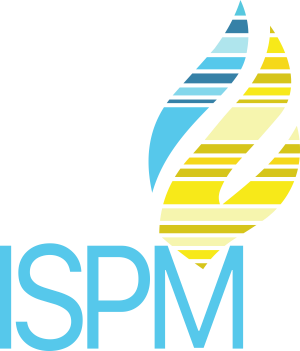Creating a valid research project means considering different aspects of planning. We have interviewed Dr. Axel Klein, Research Fellow, Global Drug Policy Observatory, one of the speaker of the ISPM 2019 edition.
When we talk about project management, one of the key elements to increase the chances to have a positive outcome is Networking.
Hi Dr. Axel Klein. Let’s start with a general question: which are the fundamentals elements to plan a valid research project?
First thing is to get to phrase your research question – what is it that you want to find out. Look at the question carefully to make sure it is not too big or too small. It has to be something that is of sufficiently significant scale to excite your interest and that of readers and funders, but without being too big to become unfeasible.
When the research question has been formulated then work on the indicators to make sure that the indicators bear a causal relation to the question you are asking. This has to be an evidenced relationship where you draw on previous knowledge. Indeed your familiarity with the field and the literature will lead you to identify the gap in the knowledge that you think needs to be answered by your research.
Then identify the data sources – where can you find the data to answer the question, or rather, meet the conditions of the indicator. In a lot of social research you have to identify the holders of that knowledge and then tease it out of them.
Often you will find that the research – the data gathering – will lead you into a different direction, away from the original question. Alternatively you may want to do an inductive approach, just asking general questions, looking at the relationships between different variables – smoking behaviour / social status / advertising – and then discover some interesting relationship to dig into
Specifically, what about networking in the field of project management?
All social research depends on getting access to people who tell you something of relevance to your question or field, so you need to be connected to either the informants or respondents – or you need to be connected with research colleagues who can get you access.
Next, you are not working in isolation but in cooperation and competition with a host of other scholars in your field. You need their input into your work at every level, and you need them to help disseminate your findings. There will always be people who will shoot you down so you need allies and like minded people whose work and findings overlap or support yours.
Most of all, its a social thing, research is a conversation in a scientific community. It’s fun to exchange ideas and change and improve them in the process



